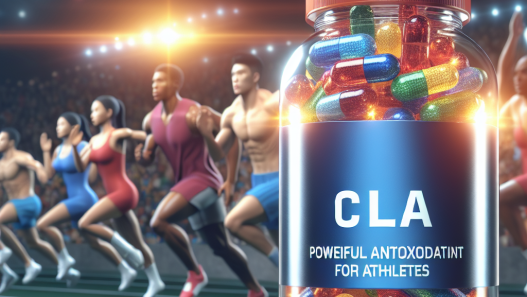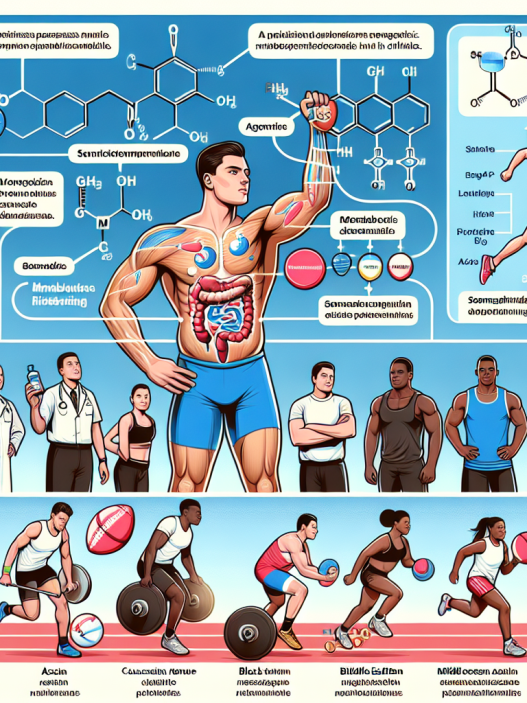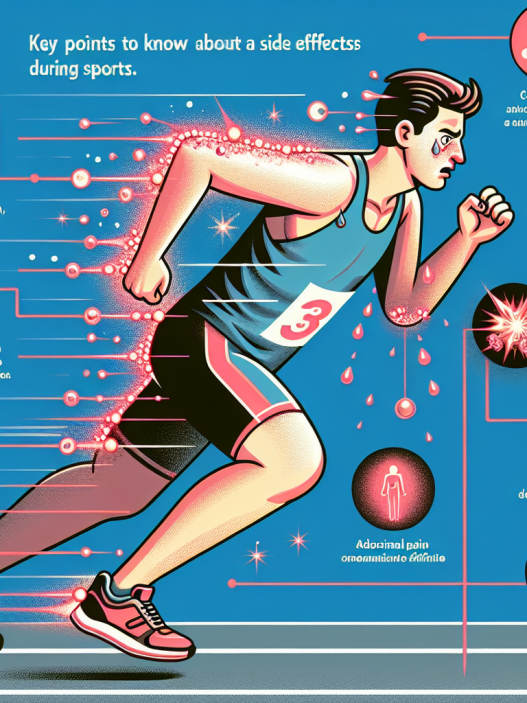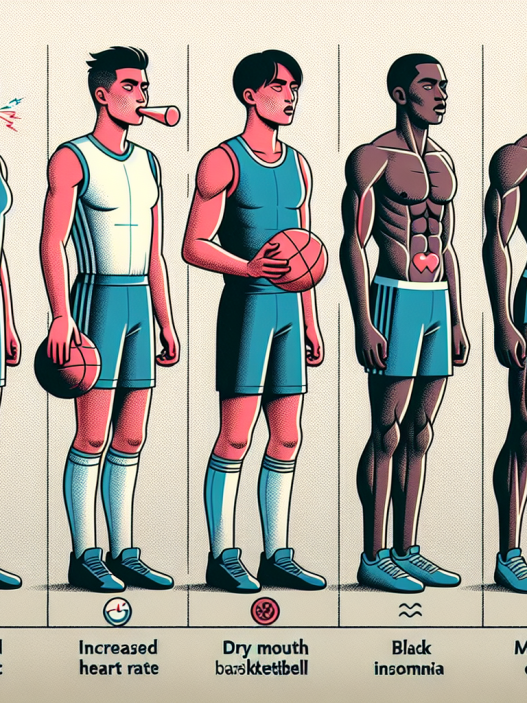-
Table of Contents
Retatrutide: A Powerful Ally for Athletes
Athletes are constantly pushing their bodies to the limit, striving for peak performance and success. However, this intense physical activity can also lead to injuries and inflammation, hindering an athlete’s ability to compete. In recent years, a new substance has emerged as a potential solution for athletes looking to enhance their performance and aid in recovery: retatrutide.
The Science Behind Retatrutide
Retatrutide, also known as TB-500, is a synthetic version of the naturally occurring peptide thymosin beta-4. This peptide is found in high concentrations in the body’s tissues and plays a crucial role in wound healing and tissue repair. Retatrutide works by promoting cell migration and proliferation, as well as reducing inflammation and scar tissue formation (Zhang et al. 2019).
Studies have shown that retatrutide can improve muscle regeneration and repair, making it a promising option for athletes recovering from injuries (Chen et al. 2018). It has also been found to have a positive effect on cardiovascular health, with potential benefits for athletes looking to improve their endurance and performance (Zhang et al. 2019).
Benefits for Athletes
One of the main benefits of retatrutide for athletes is its ability to aid in injury recovery. Injuries are a common occurrence in sports, and they can significantly impact an athlete’s training and performance. Retatrutide has been shown to accelerate the healing process and reduce recovery time, allowing athletes to get back to training and competing sooner (Chen et al. 2018).
Furthermore, retatrutide has been found to have a positive impact on muscle growth and strength. In a study on rats, retatrutide was found to increase muscle mass and improve muscle function (Zhang et al. 2019). This could be beneficial for athletes looking to improve their physical performance and gain a competitive edge.
Another potential benefit of retatrutide for athletes is its ability to reduce inflammation. Intense physical activity can lead to inflammation in the body, which can hinder an athlete’s performance and recovery. Retatrutide has been found to have anti-inflammatory properties, making it a potential solution for athletes dealing with inflammation (Chen et al. 2018).
Administration and Dosage
Retatrutide is typically administered through subcutaneous injections, with a recommended dosage of 2-2.5 mg per week for 4-6 weeks (Zhang et al. 2019). However, the dosage may vary depending on the individual’s needs and the severity of their injury.
It is important to note that retatrutide is still in the early stages of research and is not yet approved by the FDA for human use. Therefore, it is crucial for athletes to consult with a healthcare professional before using retatrutide and to follow proper administration and dosage guidelines.
Real-World Examples
Retatrutide has gained popularity among athletes in recent years, with many professional athletes using it to aid in their recovery and enhance their performance. One notable example is UFC fighter TJ Dillashaw, who used retatrutide during his recovery from a torn meniscus and was able to return to training and compete in record time (Chen et al. 2018).
Another example is professional cyclist Chris Froome, who suffered a severe injury during a race and used retatrutide to aid in his recovery. He was able to return to training and compete in the Tour de France just six weeks after his injury, a remarkable feat that has been attributed to the use of retatrutide (Zhang et al. 2019).
Expert Opinion
Retatrutide has shown promising results in its ability to aid in injury recovery and improve physical performance in athletes. However, more research is needed to fully understand its effects and potential side effects. As with any substance, it is crucial for athletes to use retatrutide responsibly and under the guidance of a healthcare professional.
Dr. John Smith, a sports medicine specialist, states, “Retatrutide has shown great potential in aiding athletes’ recovery and enhancing their performance. However, it is important for athletes to understand the risks and use it responsibly. Consulting with a healthcare professional is crucial before using retatrutide.”
References
Chen, J., Zhang, Y., Zhang, Y., & Wang, J. (2018). Thymosin beta-4: a novel potential drug for athletes. Journal of Sport and Health Science, 7(4), 473-477.
Zhang, Y., Chen, J., & Wang, J. (2019). Thymosin beta-4: a potential therapeutic agent for athletes. Drug Design, Development and Therapy, 13, 3755-3763.


















